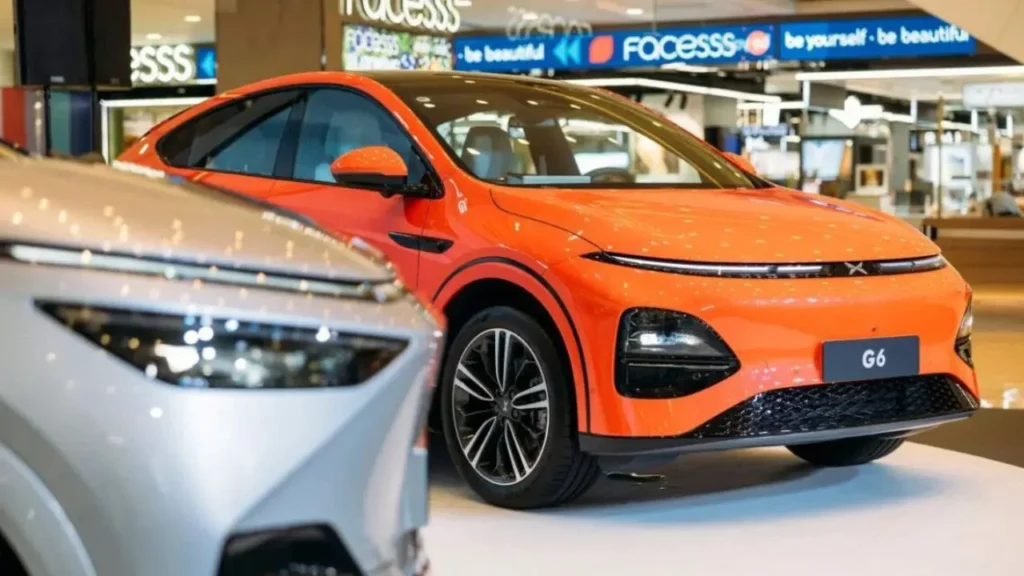
The European Union has decided to raise tariffs on electric vehicles made in China by up to 45.3%, the latest in a series of high-profile investigations that have divided the bloc and sparked retaliation from Beijing.
More than a year after it launched an investigation into subsidies, the European Commission will impose additional duties ranging from 7.8% for US brand Tesla to 35.3% for Chinese firm SAIC on top of the EU’s standard 10% tariff on imported cars.
The additional tariffs were formally approved and published in the EU’s Official Journal on Tuesday, meaning they will come into force on Wednesday.
The commission, which oversees the bloc’s trade policy, has said the tariffs are needed to tackle what it says are unfair subsidies, including preferential financing and other financial assistance, as well as land, batteries and raw materials priced below market prices.
The EU says the additional capacity of 3 million Chinese electric vehicles a year is double the bloc’s market. Given the 100% tariffs in the United States and Canada, the most likely market for these electric vehicles is Europe.
The Chinese Chamber of Commerce in the EU said it was deeply disappointed by the bloc’s “protectionist” and “arbitrary” measures and was disappointed by the lack of substantial progress in negotiations to find an alternative to the tariffs.
This year, Beijing launched its own investigations into EU imports of cognac, dairy products and pork products, in a clear sign of retaliation. China has also challenged the EU’s temporary measures at the World Trade Organization.
European car companies are facing an influx of low-cost electric vehicles from Chinese rivals. The commission estimates that Chinese electric cars account for 8% of the European market, up from 1% in 2019 and could reach 15% by 2025. The commission says that prices of Chinese electric cars are typically 20% lower than those of European electric cars.
The EU’s stance towards Beijing has hardened over the past five years. The bloc sees China as a potential partner in some areas, but also as a competitor and rival. EU member states are divided over tariffs on electric vehicles. Germany, the EU’s largest economy and leading carmaker, voted against the tariffs in a vote this month in which 10 EU members supported them, five voted against them and 12 abstained.

